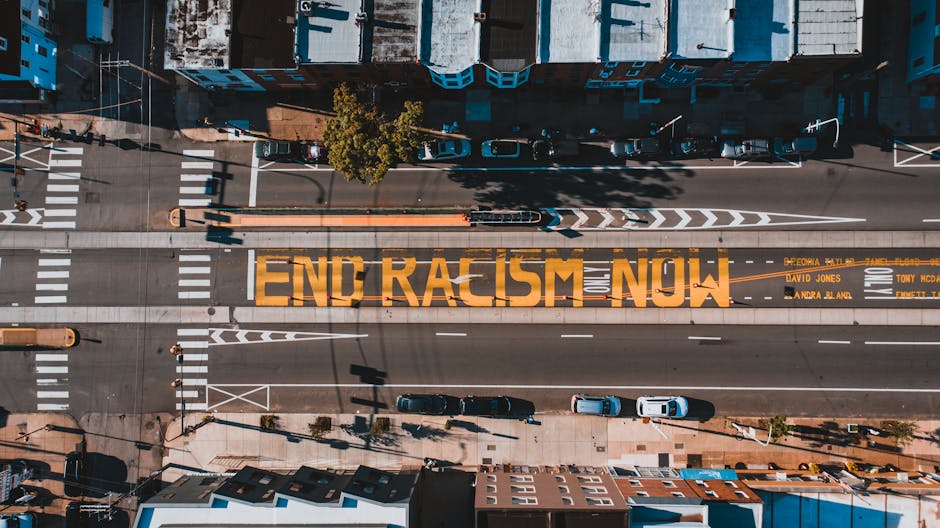A Formal Request from Congress
The fallout from the Jeffrey Epstein scandal has once again reached the doors of Buckingham Palace, this time via an official request from the United States Congress. In a major escalation of transatlantic pressure, senior US lawmakers have formally called on the UK’s Prince Andrew to testify over his long-standing and controversial Epstein ties.
The demand originates from the powerful House Oversight Committee, a key investigative arm of the US Congress. In a direct letter to the Prince, the committee stressed that they consider him a “unique” and “critical” witness in their ongoing investigation into Epstein’s vast network of influence and abuse. This move transforms years of speculation into a formal legislative inquiry targeting a member of the British royal family.
A History of Lingering Scandal
For observers of this grim saga, the request is a significant but not entirely surprising development. Prince Andrew’s connection to Jeffrey Epstein has been one of the most damaging scandals to affect the modern monarchy. His calamitous 2019 BBC Newsnight interview, where he failed to express empathy for Epstein’s victims and offered a series of widely disbelieved explanations for his actions, led to his effective removal from public royal duties.
Following the interview, Prince Andrew faced a high-profile civil lawsuit in the US from Virginia Giuffre, who alleged she was trafficked by Epstein and forced into sexual encounters with the prince as a minor. While the Duke of York has consistently and vehemently denied the allegations, he settled the case out of court for a reported multi-million dollar sum. The settlement, which included no admission of guilt, allowed him to avoid a potentially ruinous court battle, a move he and the Royal Family likely hoped would close the chapter.
Why Lawmakers Want Andrew’s Testimony
Clearly, US lawmakers believe the matter is far from settled. The committee’s letter, led by Chairman James Comer, asserts that Prince Andrew’s testimony is vital to understanding the full scope of Epstein’s criminal enterprise. They argue he possesses firsthand information about Epstein’s operations, his powerful associates, and the mechanics of his sex trafficking ring that no other witness can provide. The request signals that, for American investigators, achieving full accountability remains a top priority.
Renewed Pressure on the Monarchy
This official summons places the Duke of York in an extremely precarious position. As a private UK citizen with no official duties, he cannot be easily compelled to testify before a US congressional committee. His most probable course of action is to ignore the request. However, a public refusal to cooperate would be widely interpreted as an admission of having something to hide, further cementing the negative public perception of his conduct.
For King Charles III, this is a recurring nightmare. The King has been working to cultivate an image of a modern, streamlined monarchy focused on public service. The re-emergence of the “Andrew problem” serves as a toxic distraction and a powerful reminder of a scandal the institution is desperate to move past. It is a persistent thorn in the side of the Crown, undermining its authority on the global stage.
While this is unlikely to create a major diplomatic incident between the UK and the US, it highlights a stark reality: the pursuit of justice for Epstein’s victims transcends royal titles and international borders. The long shadow of Jeffrey Epstein has proven inescapable, and for a prince who has tried to retreat from public life, the spotlight is once again blindingly bright.




